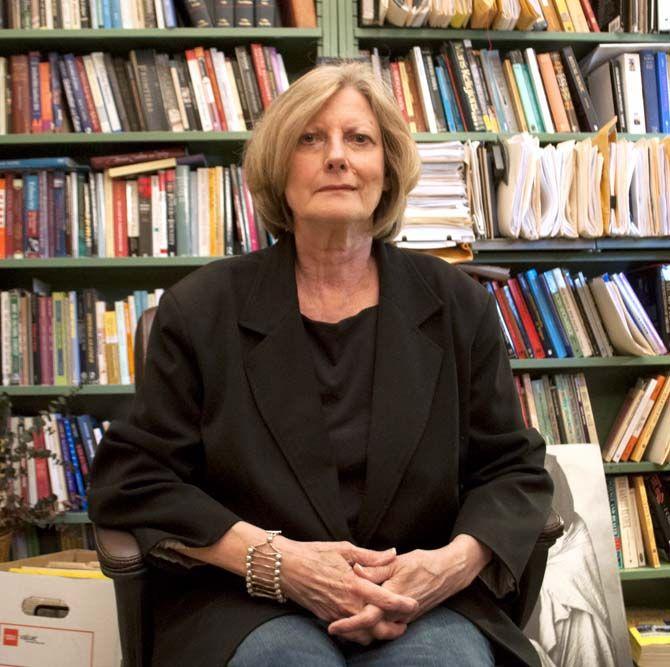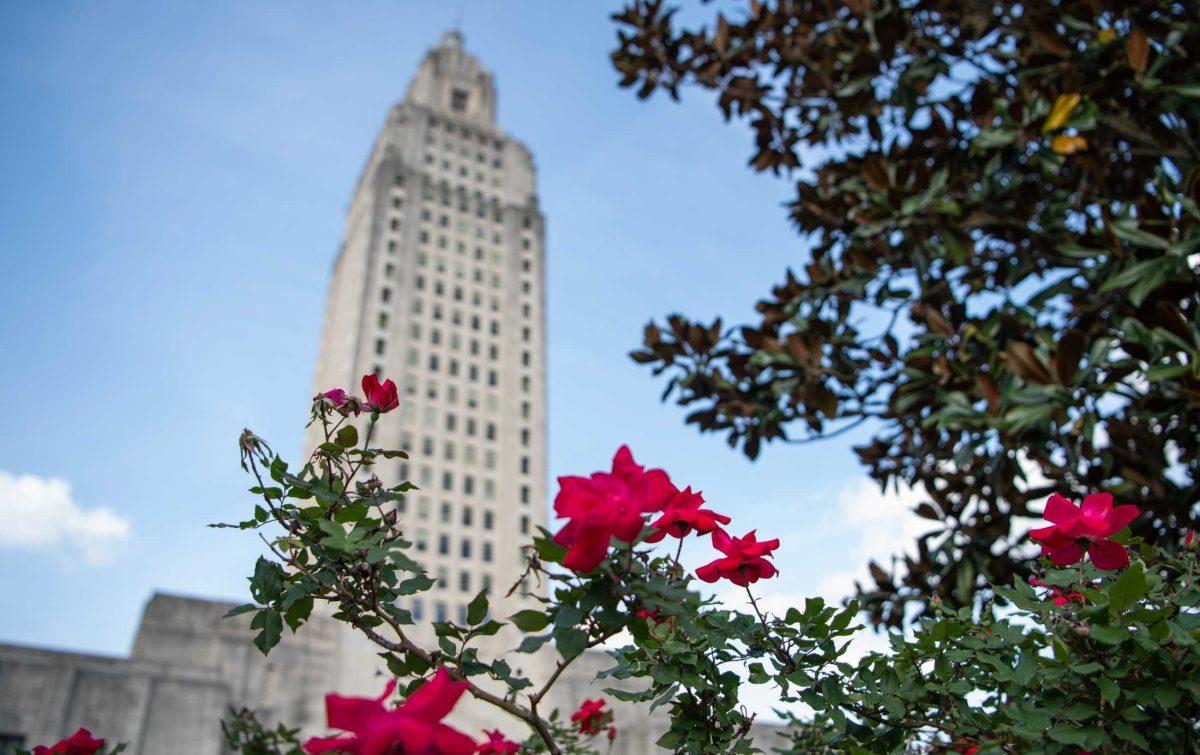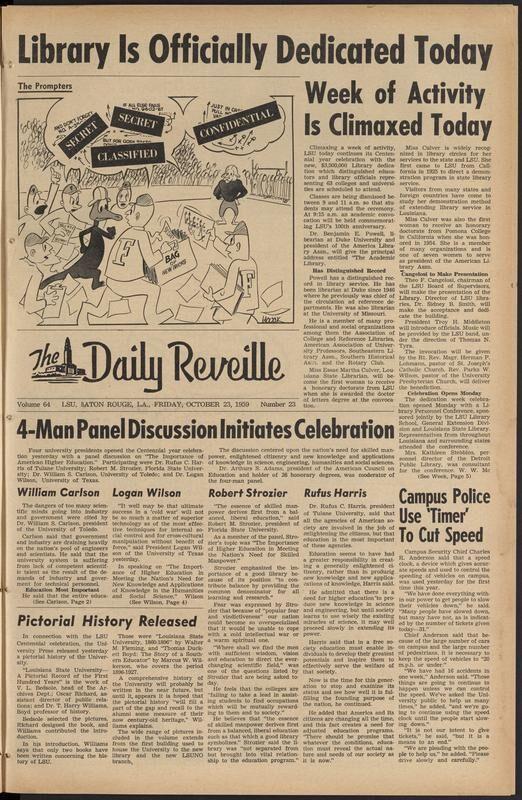Religious studies professor Gail Sutherland is plating a delicious new spin on some traditional ideas in one of her spring religious studies courses.
Because life’s most important events revolve around food, Sutherland’s course — Food, Culture, and Religion — explores religious identity in everyday life through food.
“There are all kinds of ethical issues, of course, that have to do with food,” Sutherland said. “There are political issues, economic issues, and in my class, we kind of touch on all of that as sort of a total picture of the role of food in our culture.”
Many people see religion as an individual’s beliefs or the religious knowledge gained by reading certain religious texts, Sutherland said. However, religious experiences vary among people, and her course looks at everyday life as an extension of religious identity manifesting through religious practices and disciplines, particularly disciplines of the body.
“I think that food is part of a whole sector of our cultural life that is not just overlooked, but deemed to be lesser,” Sutherland said.
This is the second time in recent years Sutherland has taught this course, the first being last spring. She taught it several years ago but let it go due to prior obligations.
Sutherland said she decided to bring the course back because she feels it’s still a relevant topic students will relate to and be interested in.
Whether the decision is conscious or reflective, people make choices everyday about what to consume, Sutherland said. In the last few years, the relationship of food, culture and religion has taken a more prominent role in Sutherland’s life with her decision to become a vegan.
As young adults, students begin to make their own dietary decisions as opposed to when they were younger and adults made those choices for them, Sutherland said.
“It’s one of the first moral, ethical and health kinds of concerns that people begin to realize,” Sutherland said.
In anthropology and religious studies, Sutherland said there is a distinction between what are known as great traditions and little traditions. While great traditions, such as philosophy and scholarship, are male-dominated, little traditions — like folklore, food and clothing — are female-dominated.
As part of the integration of women and their everyday practices into the study and understanding of religion, Sutherland said she chooses to focus on food.
“Food is just one of those very attractive ways to open up the world,” Sutherland said.
Students will have the opportunity to sample various religions and cultures by staging traditional feasts, including a Jewish Seder meal and a Hindu Diwali meal. Sutherland said she wants her course to encompass all religions and cultures because each has its own dietary concerns and restrictions.
In addition to recreating traditional feasts, Sutherland said she will engage students in discussion with readings and writing assignments to bring the material full circle.
“Food is a way of sampling different cultures, and then when you deepen that by actually reading something about it and thinking about it, it’s just another way to open up the world,” Sutherland said.
Spring course mixes food and religious traditions
November 5, 2014
Sam Karlin
Associate Professor Gail Sutherland will be offering a new course on food and religion in the spring.
More to Discover










